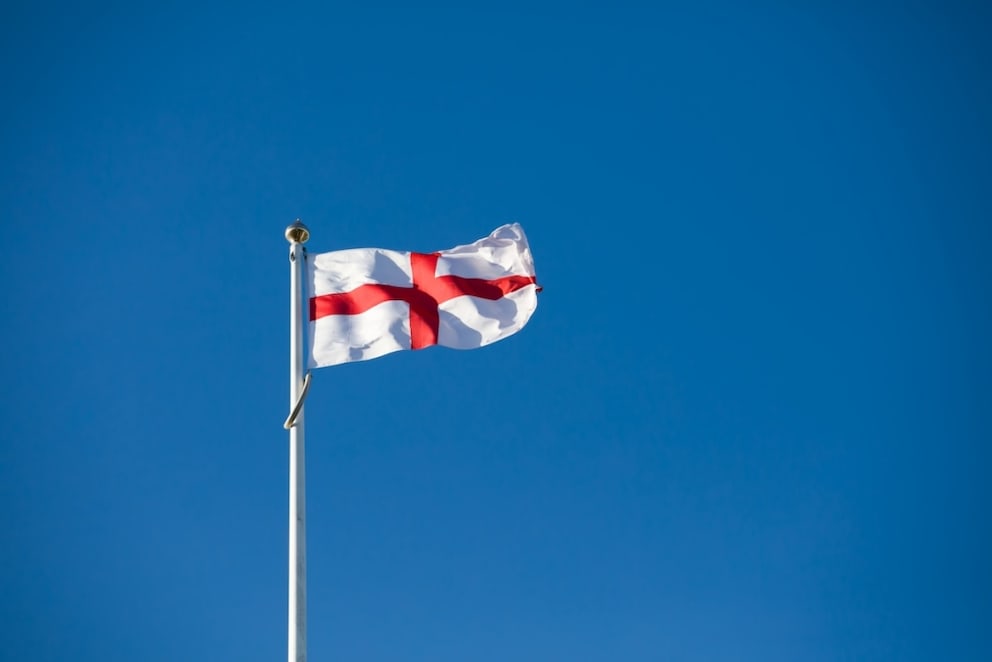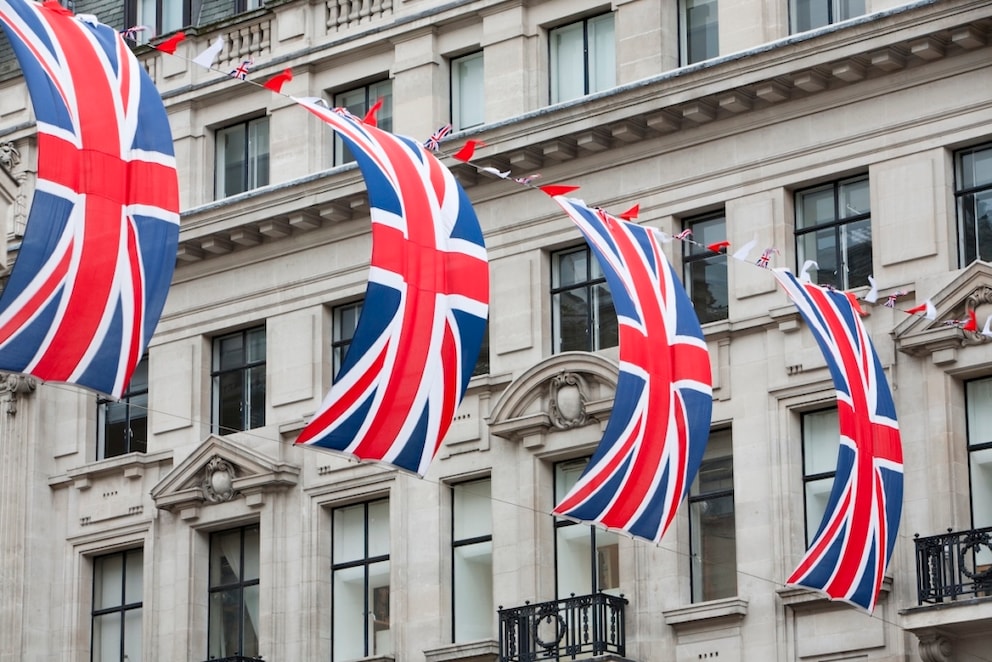May 30, 2025, 11:29 am | Read time: 3 minutes
The terms “England” and “Great Britain” are often used interchangeably. This equivalence frequently causes discontent in Scotland—after all, Scotland, like England, is an equal part of Great Britain. But what exactly is the difference? And when should one use the term “United Kingdom”? TRAVELBOOK explains the distinctions and provides clarity.
The topic of the British Isles quickly becomes complicated: The terms England, Great Britain, and the United Kingdom (or UK as “United Kingdom”) are closely linked—but they do not mean the same thing. So, what exactly is the difference?
Overview
England is an Independent Country

England is an independent country and part of the larger geographical entity of Great Britain, but it is not a sovereign state. Located in Western Europe, it has its own parliament and government. The capital, London, is not only the political center of England but also one of the world’s most significant metropolises. The royal family resides here, and world-famous landmarks such as the Tower of London, the Houses of Parliament, and the iconic red double-decker buses shape the cityscape.
According to “Studentsabroad,” England covers an area of about 130,400 square kilometers and has around 54 million inhabitants. The official language is English.
Great Britain Has No Own Flag
Great Britain, formerly known as Britannia, includes the countries of England, Scotland, and Wales. The term “Great Britain” was first coined in 1707 when England and Scotland were united into the Kingdom of Great Britain. Since then, all three countries have been under a common monarch but retain their own parliaments.
London is the capital of Great Britain, and English is the official language—although Welsh has gained increasing importance in recent years. Geographically, Great Britain is the largest of the British Isles, located east of the Irish island. Unlike England and the United Kingdom, Great Britain does not have its own flag.

Questionable List: These Are the Trend Destinations for Summer 2025

These Countries Permit Same-Sex Marriage

Hong Kong Is the City with the Best Public Transporta in the World
The United Kingdom is a Sovereign State

The United Kingdom consists of Great Britain and Northern Ireland—hence its official name, “United Kingdom of Great Britain and Northern Ireland.” Northern Ireland, the northern part of the Irish island, has been part of the United Kingdom since 1921, although there have been conflicts between the regions in the past. The United Kingdom was formed on January 1, 1801, through the union of the kingdoms of England and Scotland. At that time, their parliaments were united to create a common political entity.
Covering an area of about 243,000 square kilometers, approximately 69.55 million people live in the four countries of England, Scotland, Wales, and Northern Ireland, according to Statista. The official language is English, but many other languages are spoken, including Welsh, Scottish Gaelic, and Irish Gaelic. As a sovereign state, the United Kingdom as a whole makes decisions on laws, foreign policy, and international treaties. Since the United Kingdom’s exit from the European Union on January 31, 2020, all four countries—England, Wales, Scotland, and Northern Ireland—are no longer EU members. The Republic of Ireland, however, which covers the larger part of the Irish island, remains an EU member.

